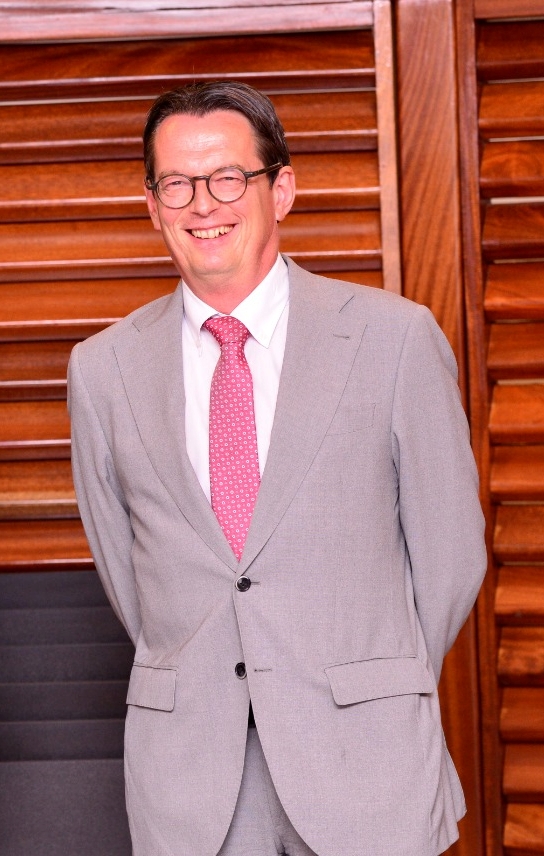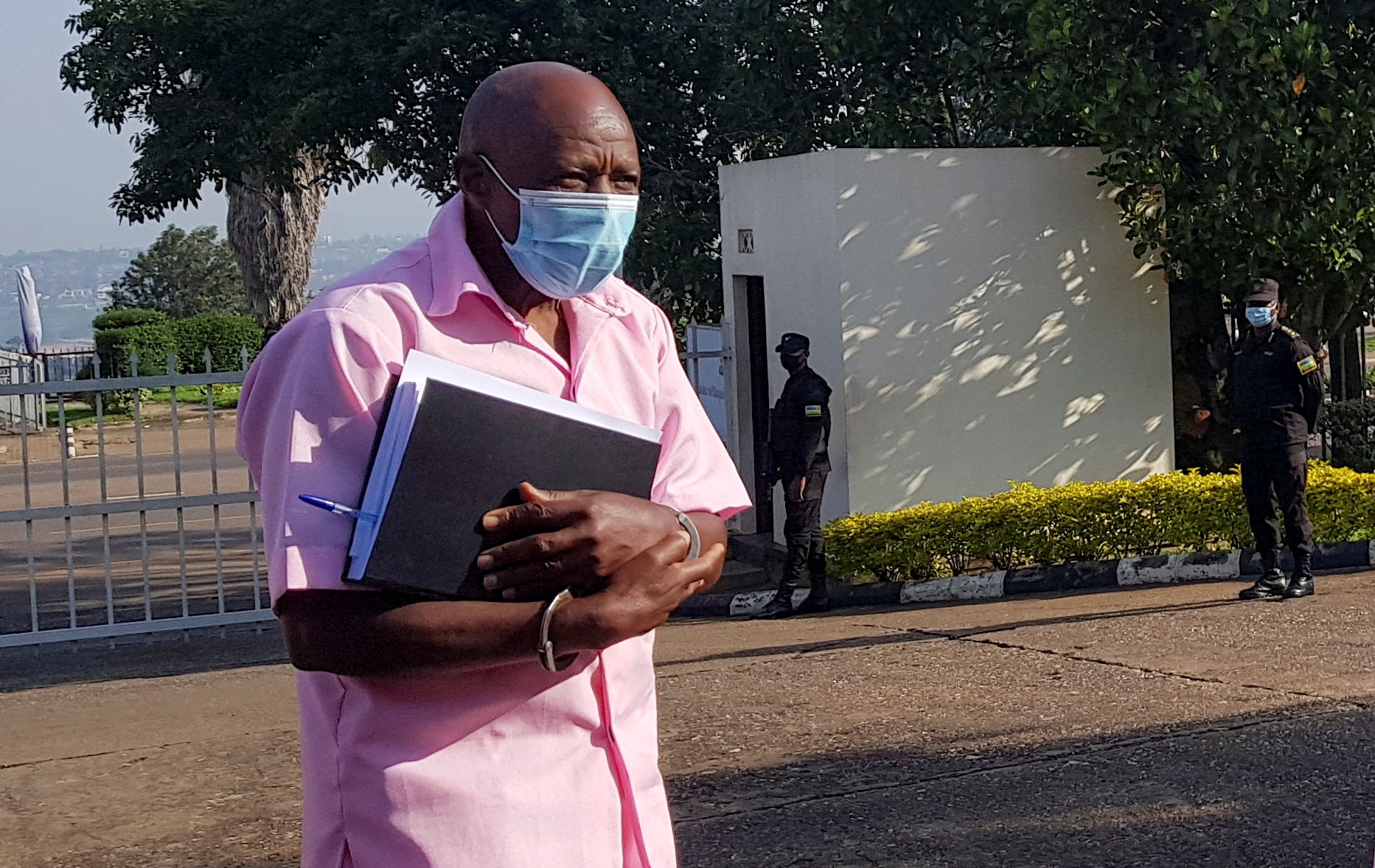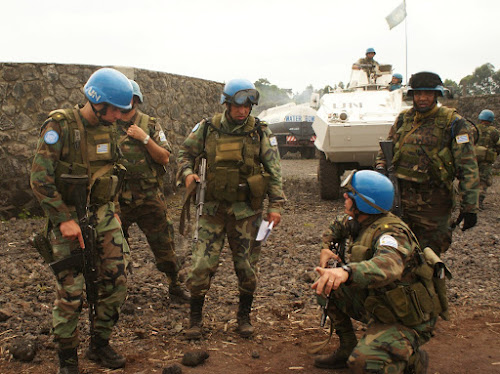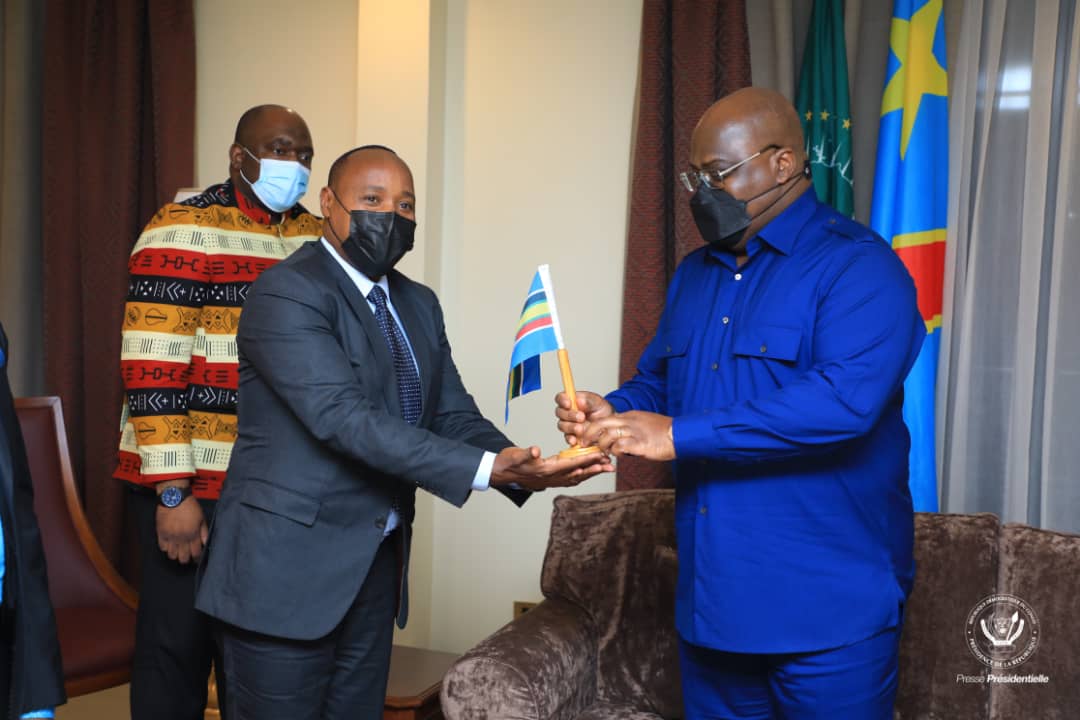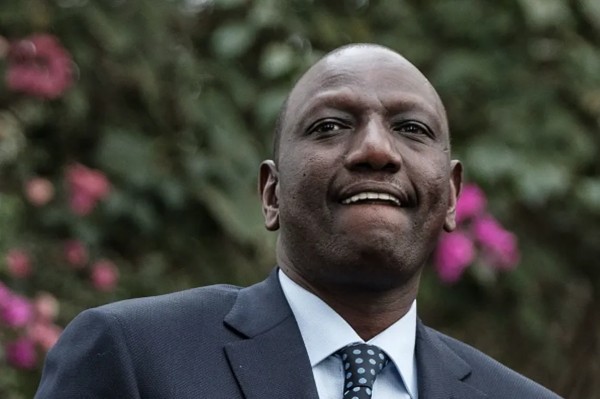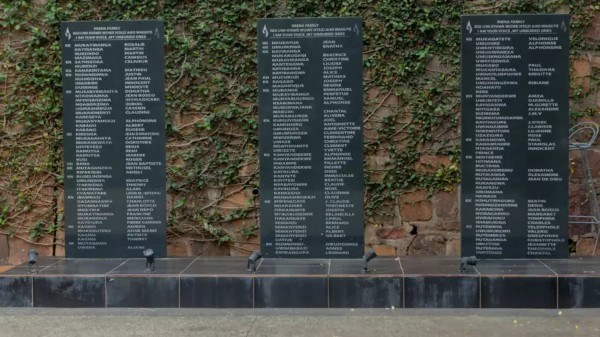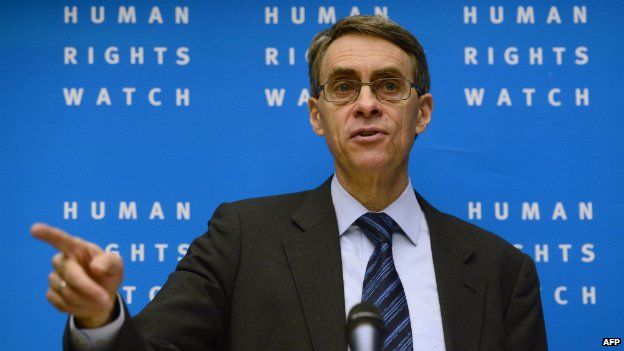Regional
Shouldn’t Rusesabagina get fitting sentence as done in the United States?
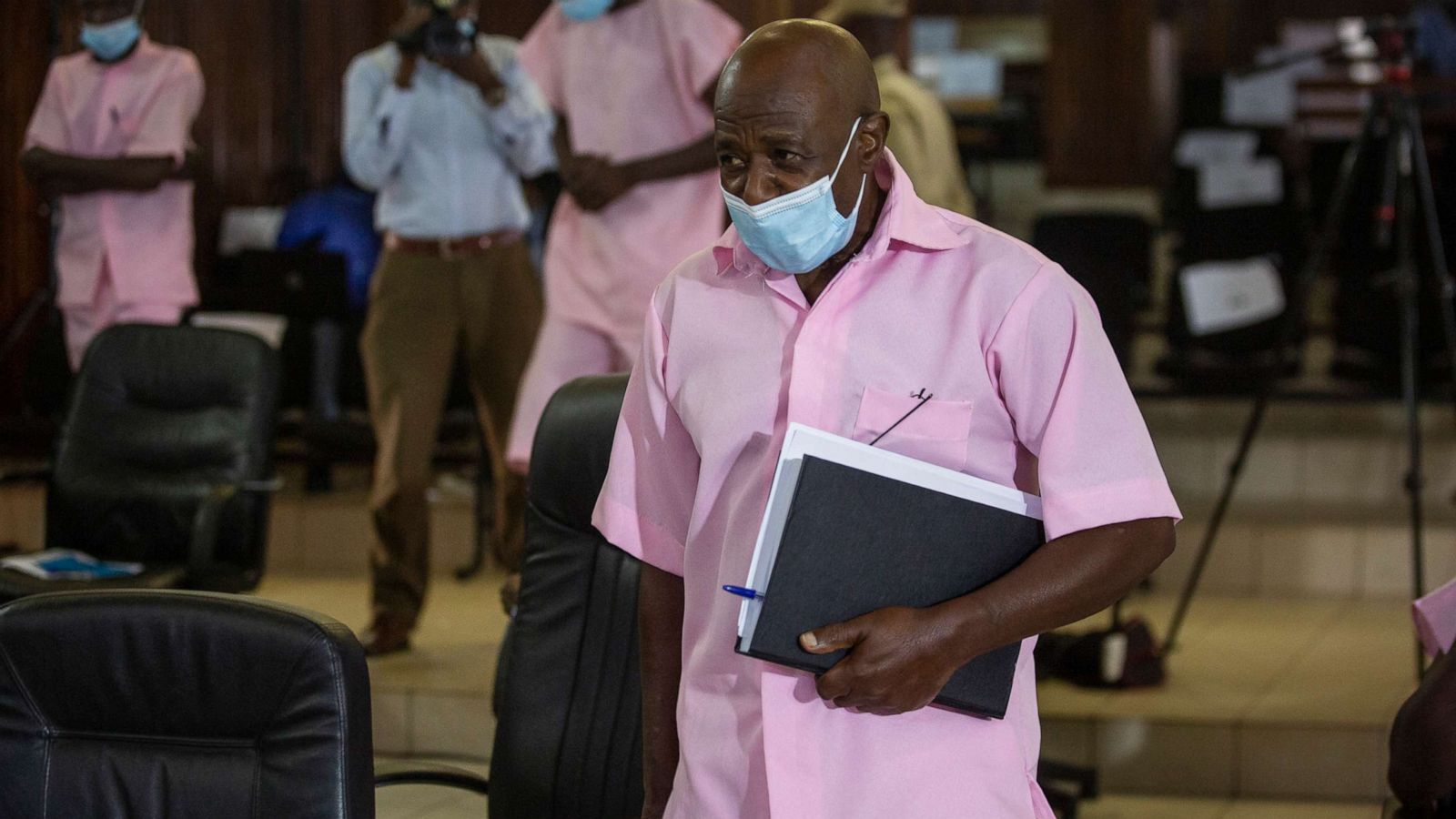
In
mid-1998, the U.S. Federal Court sentenced
Terry Lynn Nichols to life in prison without parole on the conspiracy charge
and manslaughter of eight federal law enforcement officers killed in the 1995
Oklahoma City bombing.
This American domestic terrorist
was convicted of being an accomplice in the Oklahoma City bombing. He was also tried in Oklahoma on state
charges in connection with the death of other 161 people killed in the bombing.
In 2004, he
was convicted of 161 counts of murder and arson. He was convicted of killing
all the 161 victims and sentenced to 161 life sentences with no possibility for
parole.
Nichols’ sentences, far from being an exception,
are emblematic of how the American criminal legal
system operates. However, these multiple life sentences – or centuries-long jail
sentences without parole – are not unique to the U.S. For example, Spain gave jail
sentences as long as 43,000 years to perpetrators of the 2004 Madrid bombings
that killed 191 people.
Punishment policies vary widely between countries,
and as they correctly put it, in the West they do their things differently. Their
criminal punishment practices, however, would be irrelevant if they could
control their sense of superiority, which drives them to supervise other countries’ institutions
and lecture them on fair trials and human rights.
This entitlement disorder has recently led the
Clooney Foundation, Lantos Foundation, Human Rights Watch, and Amnesty
International to act as supranational jurisdictions with the power and moral
authority to oversee Rwanda's justice system in the Paul Rusesabagina case, while
ignoring for instance Rogel Aguilera-Mederos, a Cuban immigrant, who was
sentenced to 110 years in prison for accidentally killing four people in a
fatal road accident and was only saved by an executive commutation that reduced it to 10 years, exemplifying
the problem of a criminal justice system that is “fundamentally rotten to the core and wildly
antithetical”.
In September 2021, the
US-based Clooney Foundation for Justice (CFJ), which claims to advocate for justice around
the world, described the seven-month court proceedings as a "show
trial", while it argued that Rusesabagina's conviction lacked “sufficient
guarantees of fairness”, and described the 25-year jail term as “likely to be a death sentence given Rusesabagina's age
and poor health.”
The hypocrisy aside, if the
length of Rusesabagina's sentence is a concern, the Clooney Foundation should
be first ashamed of the country in which its headquarters are located.
Second,
as deceitful people occasionally do, the Clooney Foundation inadvertently made
a subtle point that betrayed their efforts to discredit the verdict, admitting
that "the prosecution evidence against [Rusesabagina] was unveiled but not
challenged."
The
main takeaway is that the Clooney Foundation’s contradiction to the
Rusesabagina family's talking point and Western media's decision was to ignore
the truth that was painstakingly laid out in court. The truth always prevails.
Substantial
evidence was laid out in court. It is the reason the prosecution appealed against a number of decisions rendered by
the High Court which handled the case at first instance in September 2021.
Following the completion of the appeal hearings on February 21, 2022 the Court
of Appeal’s verdict was expected to be
read on March 21 but it was rescheduled to April 4 as court sought more time to
go through the case.
While the Court of Appeal is reexamining any material
errors in the trial and considering certain points of law raised by the
appellants, and especially reviewing the prosecution's request to convict
Rusesabagina for all the crimes he committed and sentence him to life in
prison, there are a few things that could be said about how the judge should
decide what sentence to impose.
Article 49 of the Law determining offences and
penalties stipulates that a
judge must determine a penalty according to the gravity, consequences of, and
the motive for committing the offence, the offender’s prior record and personal
situation and the circumstances surrounding the commission of the offence.
In addition, the penal code requirements
– including limits on the length of imprisonment terms – establish boundaries
within which a sentence must fall. Generally, the penal code provides for
mandatory minimum sentences.
In
considering the appropriate sentence in light of those factors, a judge is
bound to impose a sentence that promotes respect for the law; adequately deter
criminal conduct; protect the public from further crimes by the defendant; as
well as provide the defendant with the needed education and rehabilitation
opportunity, or medical care.
These factors, along with aggravating and mitigating
circumstances, ensure that a judge delivers justice.
In the Rusesabagina appeal
case, Prosecution protested that the High Court convicted
him only of being part of a terror group as well as committing and taking part
in terror activities. Prosecution argued that not only was there no valid basis
to absolve him of committing terrorism, but there was also no reasonable ground
for not giving him the maximum sentence.
Prosecution asked the Court of Appeal to reverse the
decision of the High Court to redefine and reclassify some crimes. Here, for
instance, charges like the murder of nine people killed in attacks claimed by
FLN as an act of terrorism, kidnap as an act of terrorism, and armed robbery as
an act of terrorism. They were all redefined as one crime of committing
terrorism and taking part in it.
Further to that, the prosecution argued that
Rusesabagina should be convicted of financing terrorism and forming an
irregular armed group as separate crimes, in addition to the crimes for which
he was found guilty by the High Court.
Prosecution questioned the High Court's decision to
accept Rusesabagina's pleas as a mitigating factor, claiming that his
confessions were only partial and that he later recanted his statements.
Prosecution also argued that the fact that
Rusesabagina had never been convicted before should not be a mitigating
circumstance, considering his lack of remorse, the seriousness of his crimes, and
the fact that he was arrested when looking to travel to Burundi to coordinate more
terrorist attacks on Rwanda. All these are
the aggravating factors on which court should have based to hand him a maximum
sentence.
“Prosecution finds that this behavior does not
provide reasonable ground for mitigating circumstances,” reads part of the submissions of the prosecution
to the court.
According to the law, when convicted of being part
of a terror group, a person gets a prison sentence not less than 15 years but
not above 20. When convicted for committing and taking part in terrorism
activities that led to serious effects for example death of people, a person
gets a life sentence.
When reviewing Rusesabagina's sentencing, the Court
of Appeal has a responsibility to ensure that the crimes he is accused of are
not redefined and regrouped, as well as impose the time that fits each crime,
to ensure that the aggregation of sentences for each offence is an appropriate
measure of his criminality, as was done in Nichols’ case in the United States.
This is known as the totality principle in law. This long-standing common law principle. requires a judge who is sentencing an offender for a number of offences to ensure that the aggregation of the sentences appropriate for each offence is a just and appropriate measure of the total criminality involved.


